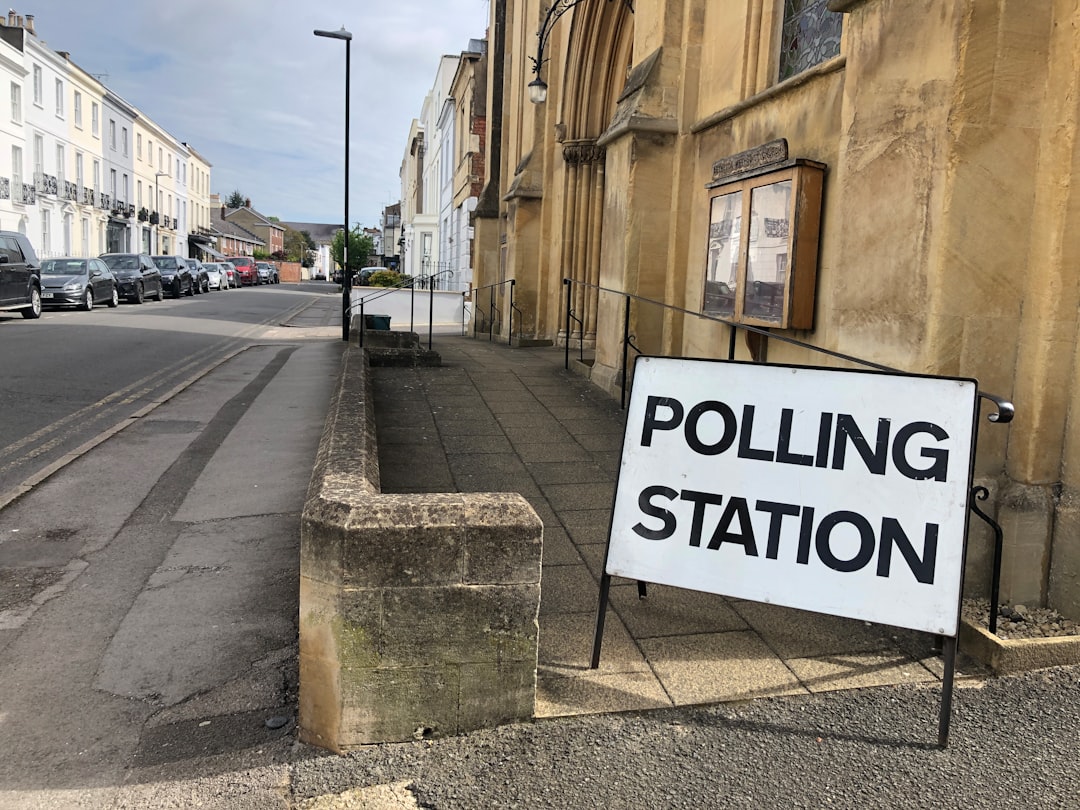What is it about?
The article aims to an analysis of three Polish words: okrutnie (‘cruelly’), strasznie (‘terribly’), and szalenie (‘madly’) from the historical-linguistics point of view. We extracted the linguistic material from one contemporary and two historical corpora of Polish. Based on analysis of many historical and present-day Polish collocational with mentioned words, we try to explain the way of development from adverbs (semantically and formally derived from adjectives okrutny ‘cruel’, straszny ‘terrible’, and szalony ‘mad’) into intensifiers (semantically close to bardzo ‘very’). We also used a statistical chi-square test to verify the probability of examined word co-occurrence. Moreover, nine figures enrich and visualize the consideration in the paper.
Featured Image

Photo by NOAA on Unsplash
Why is it important?
This paper is important because it sheds some light on the intensifying process in language. We must often express how much we love, how hungry we are, how big or small something is and so on. The simple “very” is not enough. We are looking for new expressions, always more suggestive and meaningful. Our paper shows the language's possibilities of creating new intensifiers. The natural source of them is adverbs. From the diachronic perspective, we try to show the dynamic process of shaping the new category amid the part of speech: intensifiers. We aim to present the power of language and its possibility to adapt to the needs of language users.
Perspectives
This work demonstrates the ability to use statistical methods for historical linguistic research and gives excellent feedback which verifies the initial hypothesis. Furthermore, it convicts that the intensification process is a universal phenomenon like, e.i. subjectivisation. We hope our work will encourage you to look for similar processes in your language.
Ms Magdalena Pastuch
University of Silesia in Katowice
Read the Original
This page is a summary of: From adverb to intensifier, Journal of Historical Pragmatics, October 2022, John Benjamins,
DOI: 10.1075/jhp.19009.pas.
You can read the full text:
Contributors
The following have contributed to this page










